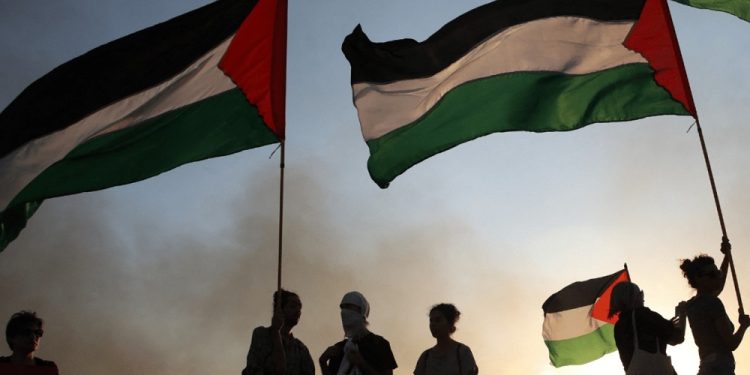
International Day Of Solidarity With The Palestinian People
International Day of Solidarity with the Palestinian People is an observance created by the United Nations in 1977 and is generally observed on November 29th each year—although in 2003, it was officially observed on December 1st. It’s a day that’s usually observed with cultural events as well as official UN meetings that address the central debate on the question of Palestine.
This is a day to reflect on the situation faced by the Palestinian people and how the world can help to address that situation. The Palestinian people haven’t received certain rights that other people enjoy around the world. These rights include national sovereignty and independence.
The History of International Day of Solidarity with the Palestinian People
In the same resolution proposed by the UN study “The Origins and Evolution of the Palestine Problem,” Resolution 32/40 B created this holiday. It was passed on December 2, 1977, and its first official observance was in 1978. An additional resolution, Resolution 34/65 D, was passed in December of 1979, requesting the issuance of the first commemorative stamps for this holiday.
Observing International Day of Solidarity with the Palestinian People
All around the world, this holiday is observed in an official capacity by government officials, organizers, and educators. Events and meetings are held, information is disseminated, and films on the subject of Palestine are showcased. The United Nations hosts special meetings on this holiday as well—not only at the UN Headquarters in New York City but also at UN offices in Vienna and Geneva.
People can also observe this holiday by taking the time to learn more about Palestine and the Palestinian people, by signing petitions to end the occupation of Palestine, and by donating to aid organizations. People can also use the hashtag #SolidarityWithPalestinianPeople.








